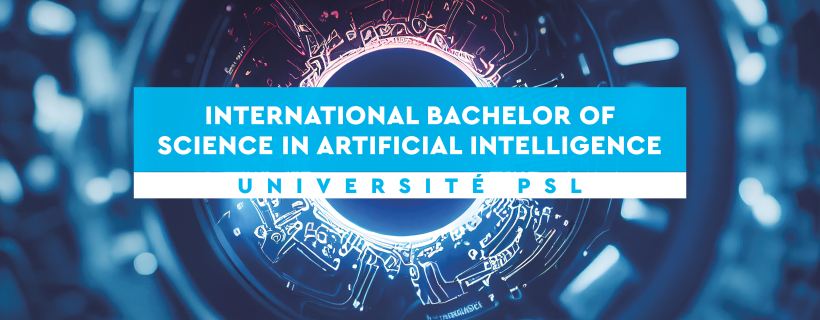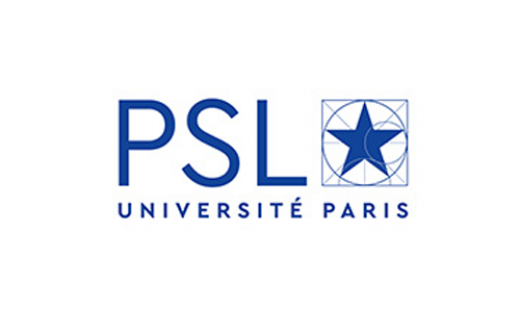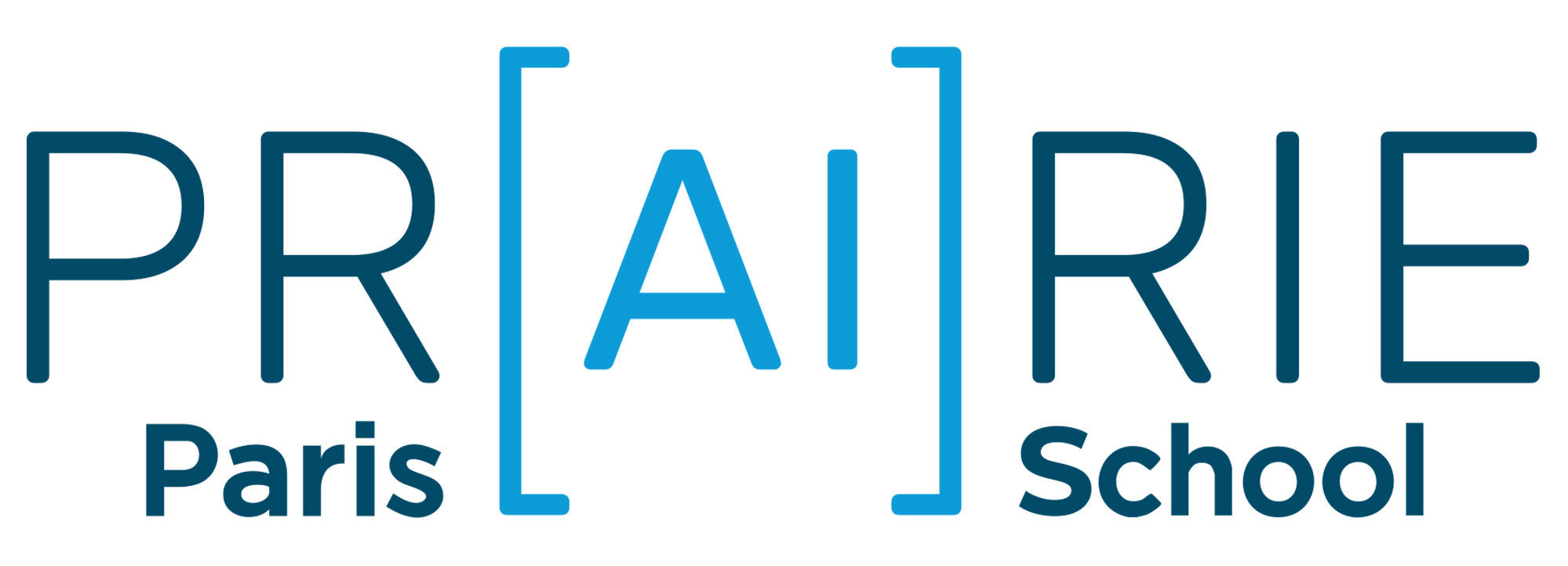

PSL host school
Programme Type: Initial Training
Place: Paris
Degree: Bachelor’s
Disciplines: Computer Science, Mathematics, Programming
27h per week
Teaching Language: English
You wish to understand and shape tomorrow’s world with artificial intelligence?
Join the International Bachelor of Sciences in Artificial Intelligence (IBSAI) of Université PSL in Paris. This leading program in AI education, offered as part of the Paris School of AI, brings together some of the best European academics in AI.
As a global and collegiate university, PSL is a European and international leader in artificial intelligence and data science. Taught entirely in English, this new bachelor program benefits from the combined expertise of PSL member schools. This program thus benefits from a unique scientific ecosystem that combines cutting-edge research, disruptive entrepreneurship and international perspectives.
As a unique opportunity to further study in the most selective graduate programs, in France and worldwide, this bachelor will allow you to master all the essential knowledge in mathematics and computer science for AI.
Training tomorrow’s leaders in AI
In a world where AI is redefining science, the economy and societies, becoming a cornerstone of decision-making, innovation and efficiency in nearly every field, the IBSAI bachelor is a response to the urgent need for new talents: a new generation of experts capable of mastering all the key concepts of AI.
Training objectives
IBSAI offers a very demanding training program based on active learning, collaborative projects and strong connections with research. Main pedagogical objectives:
1) Training experts in the mathematical and computer science foundations of artificial intelligence
2) Developing an in-depth understanding of algorithms, machine learning and its fields of application (computer vision, automatic language processing, robotics, etc.)
3) Preparing students to tackle the technological and societal challenges associated with AI through an interdisciplinary approach
4) Training as closely as possible through the most recent research
5) Allowing for international experiences through collaborations with renowned foreign institutions
→ Cutting-edge scientific teaching
– Core curriculum that includes mathematics, algorithms, databases, machine learning, economics
– Cross-disciplinary classes that include economics, law, climate and societal issues connected to AI
– Specialization classes in years 2 and 3: computer vision, automatic language processing, robotics
→ Interdisciplinary projects
– Team projects to apply knowledge to concrete issues (e.g. health, environment, education, etc.).
– Summer School between the second and third years
– Collaboration with partner companies and laboratories
→ Personal development and professionalization
– Communication skills, leadership, adaptability and teamwork
– Training entirely in English and intercultural awareness
→ Immersion in research and innovation
– Lecture series by international experts and academic on topics such as AI and ethics, smart cities or societal applications of AI
– Research internships in PSL-affiliated laboratories or partner institutions.
(See details in the “Program” tab)
Target audience
– Students with a passion for mathematics, computer science and new technologies
– Students with a strong curiosity for the interdisciplinary applications of artificial intelligence
– Students with a strong background in mathematics, an advanced level in English (C1), and a capacity for analysis, problem-solving and thorough work
Applications are examined based on academic criteria, language skills and motivation.
What’s next after such bachelor?
These 3 years of training will allow you to develop knowledge and skills sought after by top universities as well as employers. Like all undergraduate programs at Université PSL, this program is designed to enable students to pursue their studies to at least master’s level.
